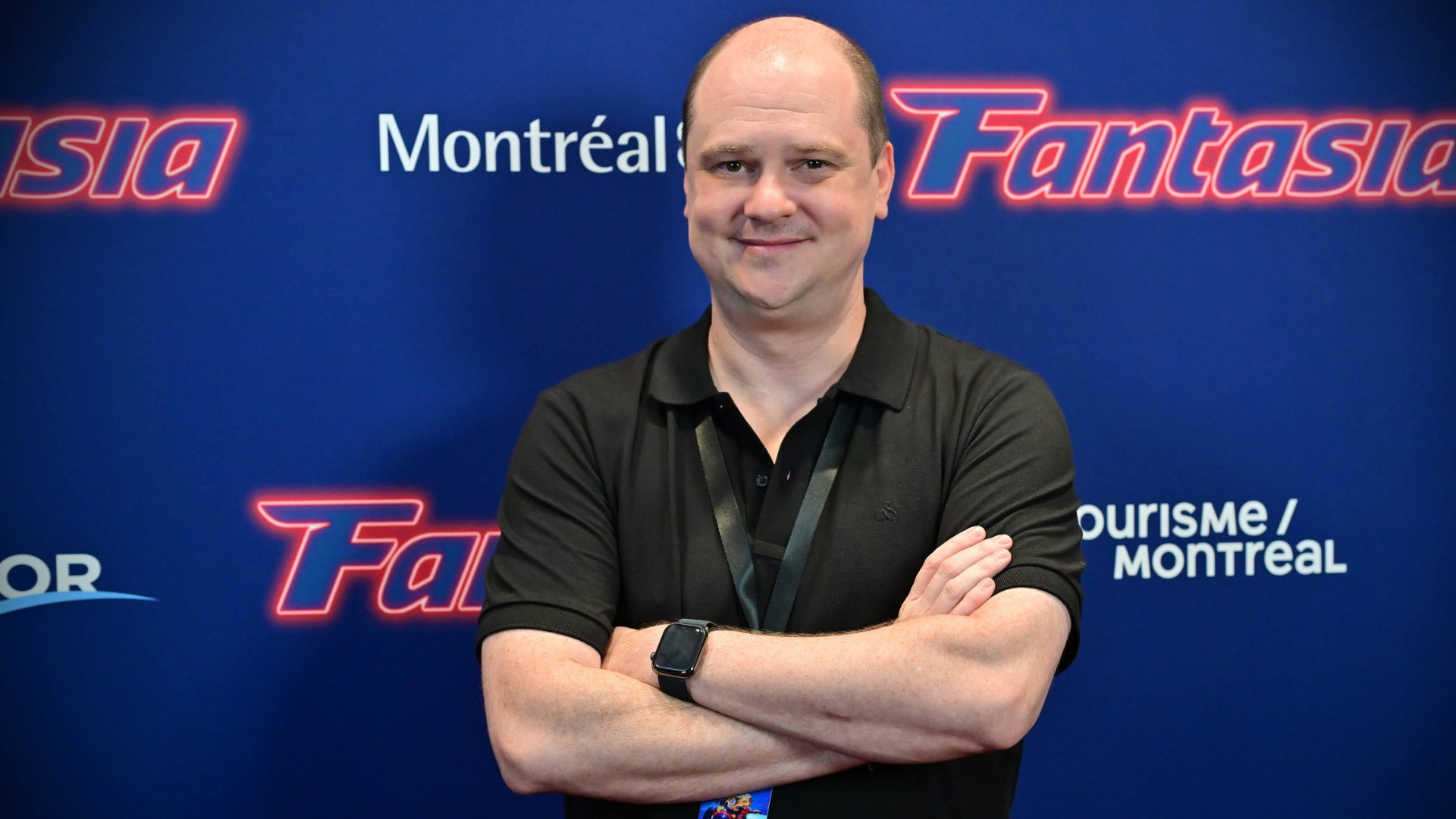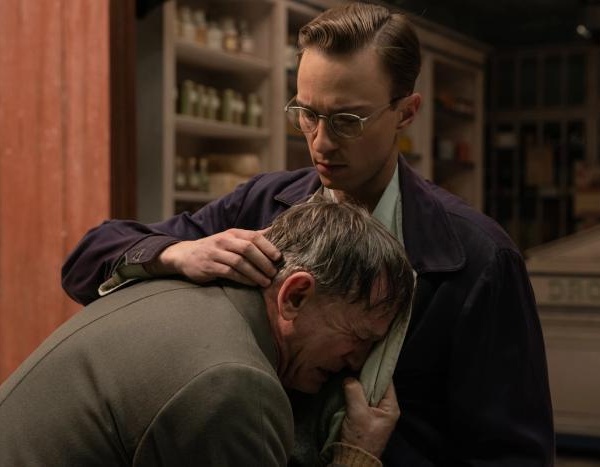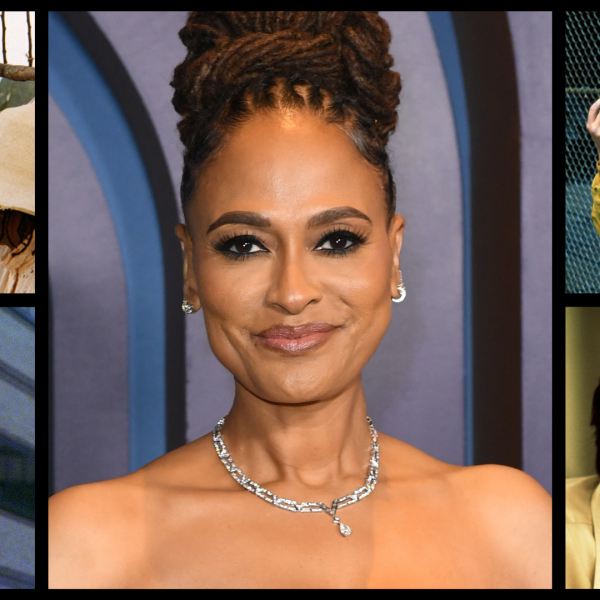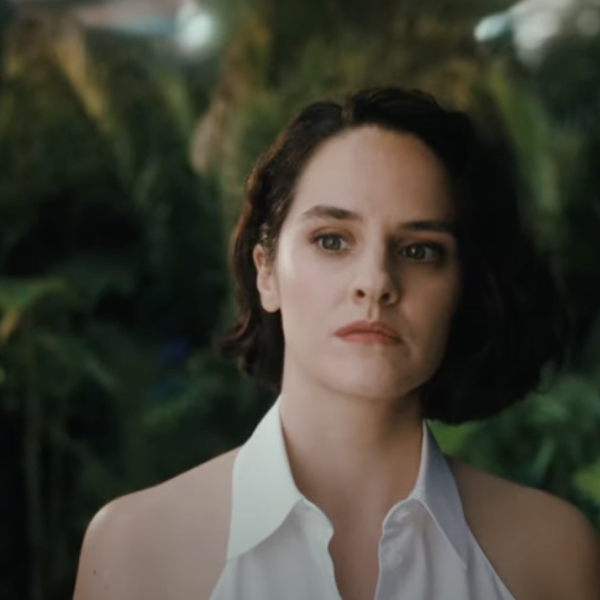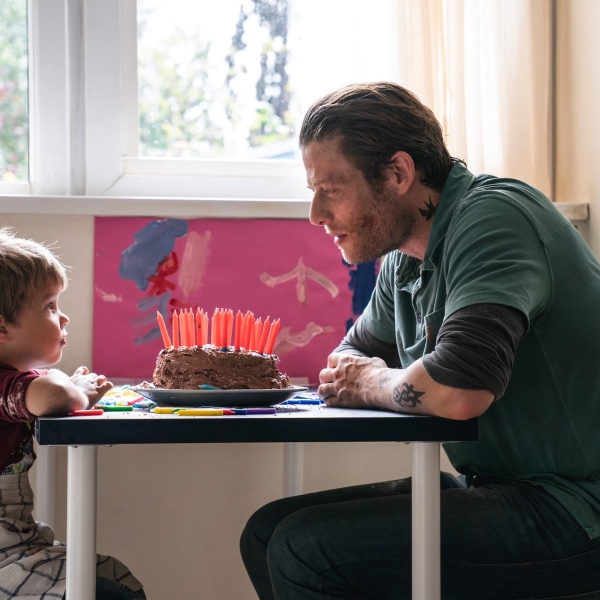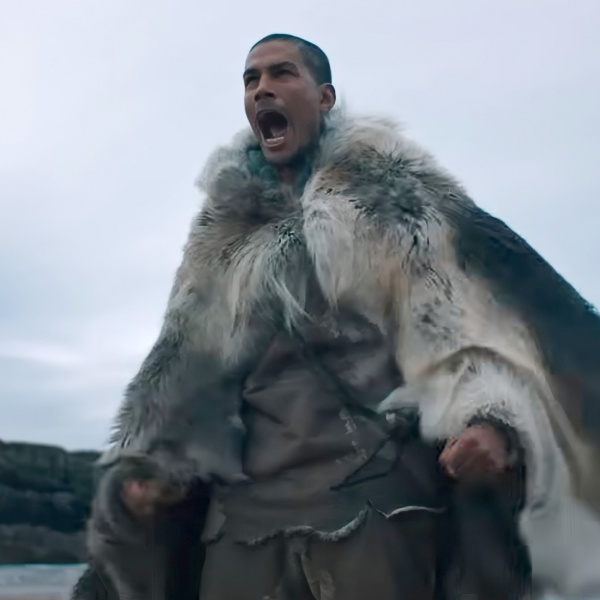If your formula for a tragic intergenerational family drama turned kaleidoscopic ghost story ain’t broke, don’t fix it. So says horror heavyweight Mike Flanagan, who got candid when accepting the Cheval Noir career award at the opening weekend of Fantasia Fest (July 18 to August 4) in Montreal.
In a Q&A with Fangoria editor Michael Gingold, Flanagan was asked about the key to adapting the great literary works of horror authors like Stephen King, Shirley Jackson, and Edgar Allan Poe. The multi-hyphenate storyteller, who made the leap from writer/director at Intrepid Pictures to showrunner at Netflix in 2018 (but has since moved to an overall deal at Amazon), pointed out the structural similarities between his beloved indie features and his most successful prestige streaming projects.
“‘The Haunting of Hill House‘ was an interesting case because that was brought to me,” Flanagan explained of his early meetings with Amlin Publishing, who then controlled the material. “I believed that ‘The Haunting of Hill House’ had been perfectly adapted by Robert Wise in 1963. It is a perfect movie. And I said, ‘Well, the novel as it stands, works for about 90 minutes. So if you’re talking about a TV show, you need to do a radical expansion.’”
With a whopping 10 hours to fill, Flanagan instead pitched an elaborate reimagining of not just Shirley Jackson’s words, but his own tried-and-true approach to romantic ghost stories.
“I just did…. ‘Oculus,’” Flanagan said, referencing his 2013 sophomore film. “‘The Haunting of Hill House’ is ‘Oculus,’ except instead of two siblings there are five. It’s two timelines braided together, same technique for cutting back and forth between them. It’s all about family trauma and the disagreement about a traumatic event in their childhood while they’re forced to confront that dramatic event in the present. It’s just ‘Oculus,’ but it’s ‘Oculus’ for 10 hours.”

Photo Credit: Julie Delisle, Fantasia International Film Festival
Having made his feature debut at Fantasia Fest with “Absentia” in 2011, the filmmaker returned to Quebec with newbie director Chris Stuckmann to promote Neon’s “Shelby Oaks.” Flanagan also EPs that film, and speaking at the festival, he also reflected on the 13 years he’s already spent in the business of genre. Flanagan was asked about the inspirations behind “Oculus,” which, ironically enough, he said came from a short story by Stephen King about a haunted hotel room. And before it was a 2013 feature, it began as a 2006 short film.
“The honest answer is I really wanted to do ‘1408,’” the filmmaker said. “I couldn’t because who the hell was I, for one thing, and they were making the movie already… But that’s ‘Oculus’ if you replace the hotel room with a mirror, down to the long history of it. ‘1408’ has this incredible monologue basically about the history of the room. That was terrifying to me. And so the structure of ‘Oculus,’ the short, is exactly the structure of ‘1408’ the short story. You’re told the history of the object — or of the room in the case of the story — and then a skeptical protagonist is left alone in there. In mine, it was a true believer protagonist trying to prove the point, but I just ripped off ‘1408.’ That’s where it came from.”

Photo Credit: Julie Delisle, Fantasia International Film Festival
An epic case of cinematic chicken before the egg, Flanagan’s nesting inspirations are similarly reflected in his troupe of repeat collaborators, including actors like his wife Kate Siegel and “Gerald’s Game” star Carla Gugino, whom he has now officially named… The Flavengers. (They’ll assemble to promote Flanagan’s first non-horror effort, “The Life of Chuck,” seeking distribution out of TIFF later this year.)
As for the haunting images Flanagan fans have seen echoed throughout his work, the writer/director/producer shared a personal incident that has shaped much of filmography.
“There was a really shocking loss in my family right before I made ‘Absentia,’ and it was a death of an uncle. I had a dream about him. And that dream is actually the scare,” Flanagan said. “It’s in ‘Absentia’ when Morgan Brown is standing, and Courtney Bell reaches up to touch him. His head is just spinning, shouting, and she backs up right into him. And I had that dream and then watched as my entire extended family wrestled with and came to terms with [my uncle’s] death.”
Flanagan considers this the thesis of his life’s work, saying, “I look at it now, and it’s like that incident that informed ‘Absentia,’ ‘Oculus,’ ‘Before I Wake,’ it’s basically ‘The Haunting of Hill House’ right there. And I still see it. I still see it pop up. I think we all know what it’s like to lose people in a family. That has tremors and aftershocks that can last for years or decades.”
